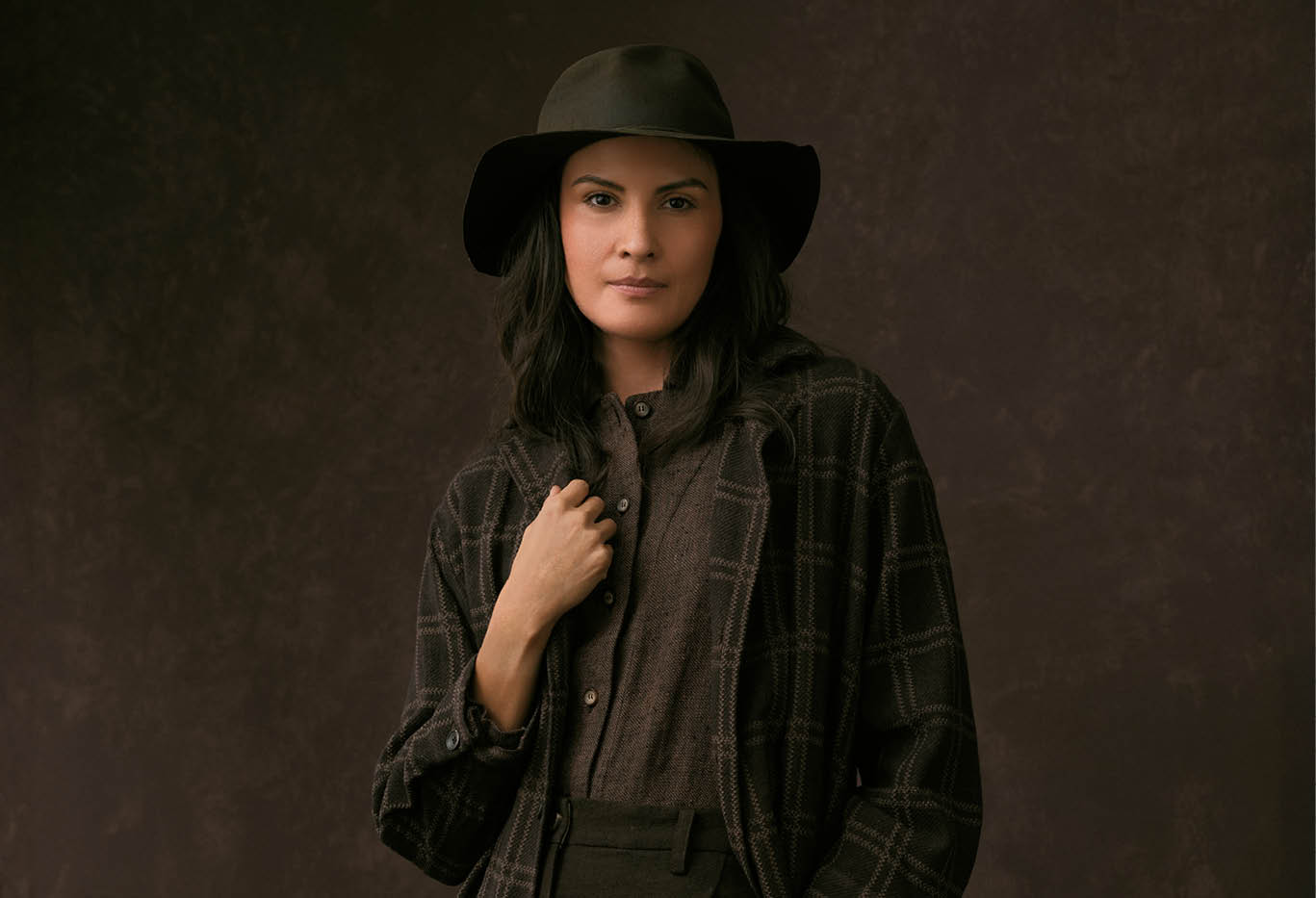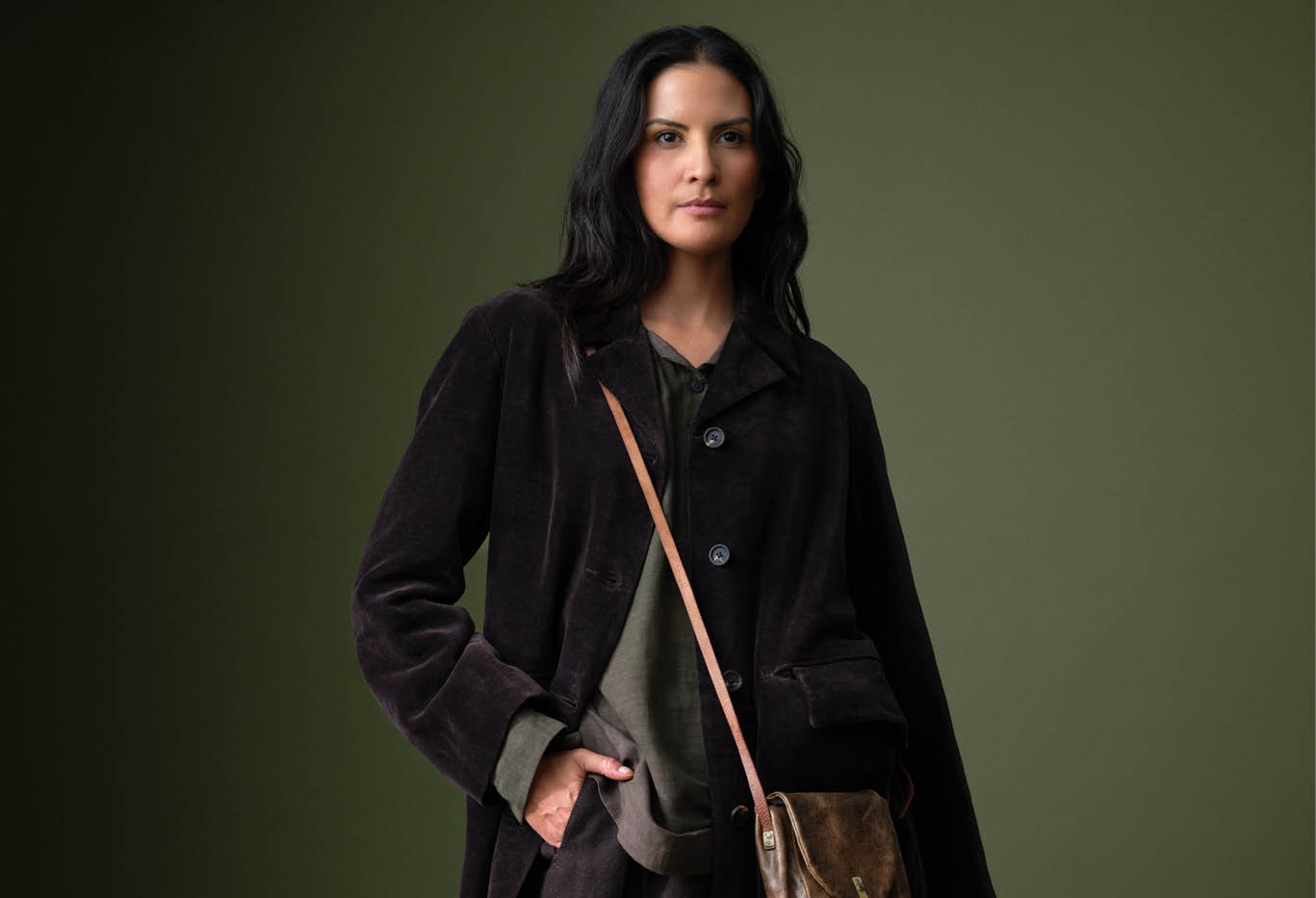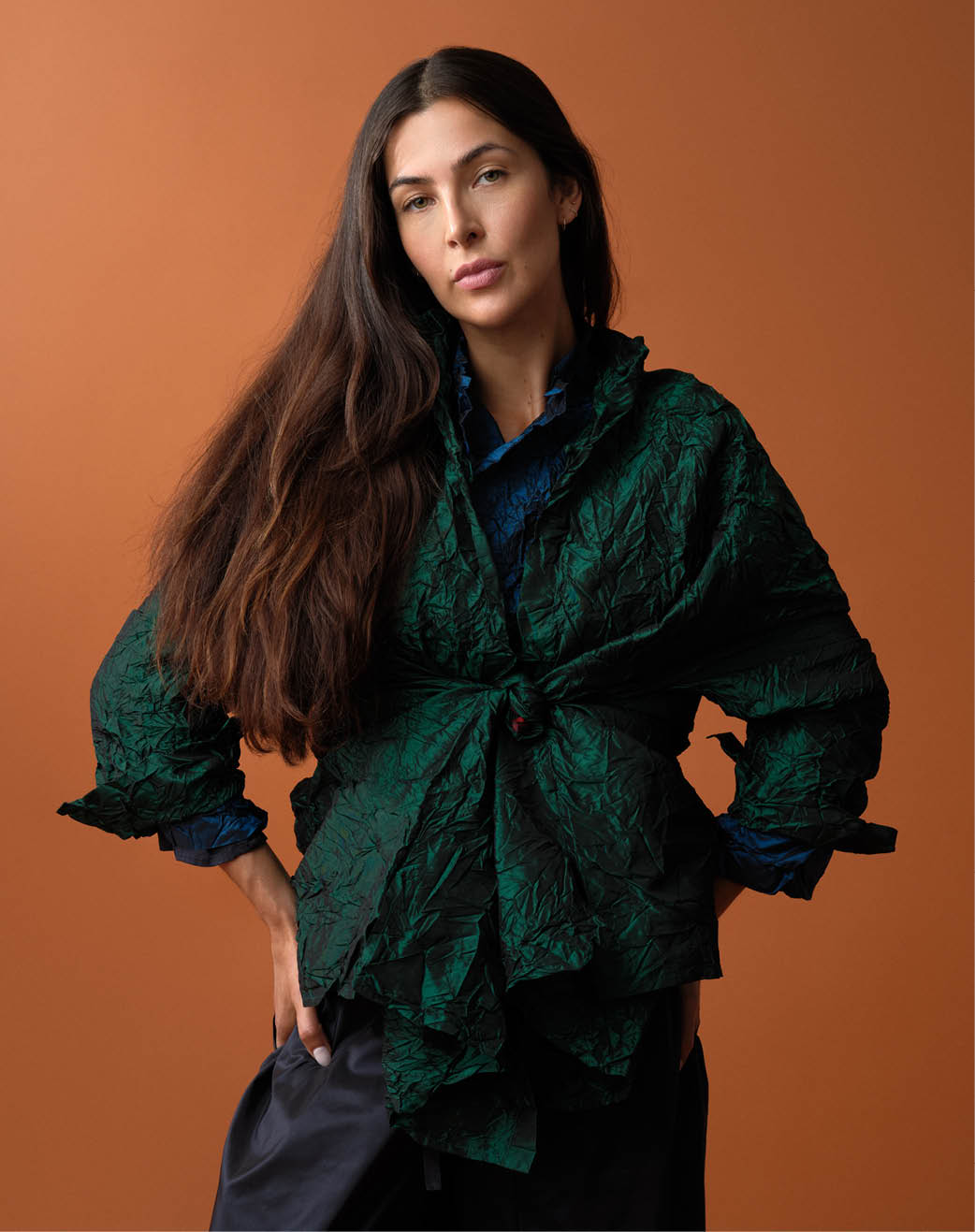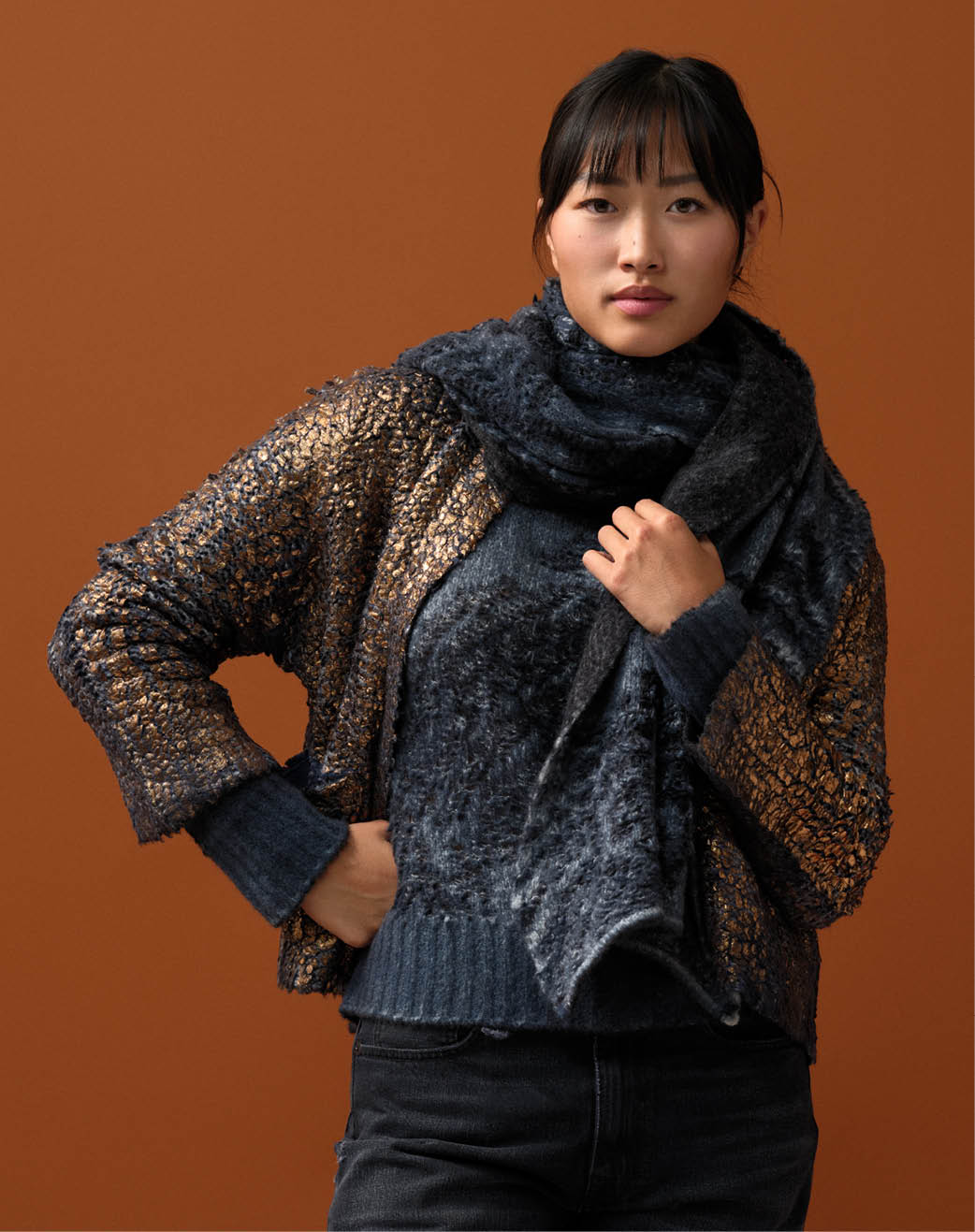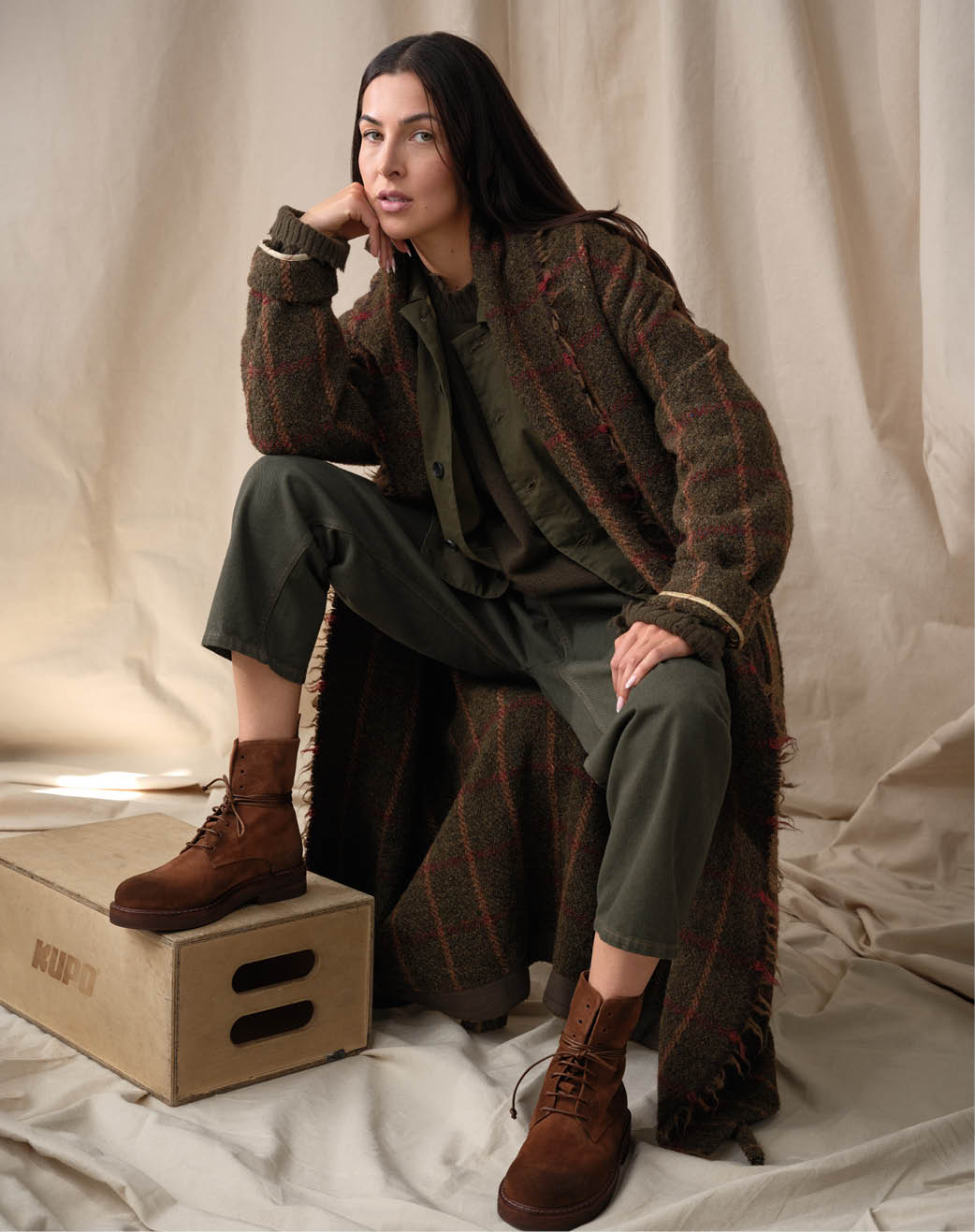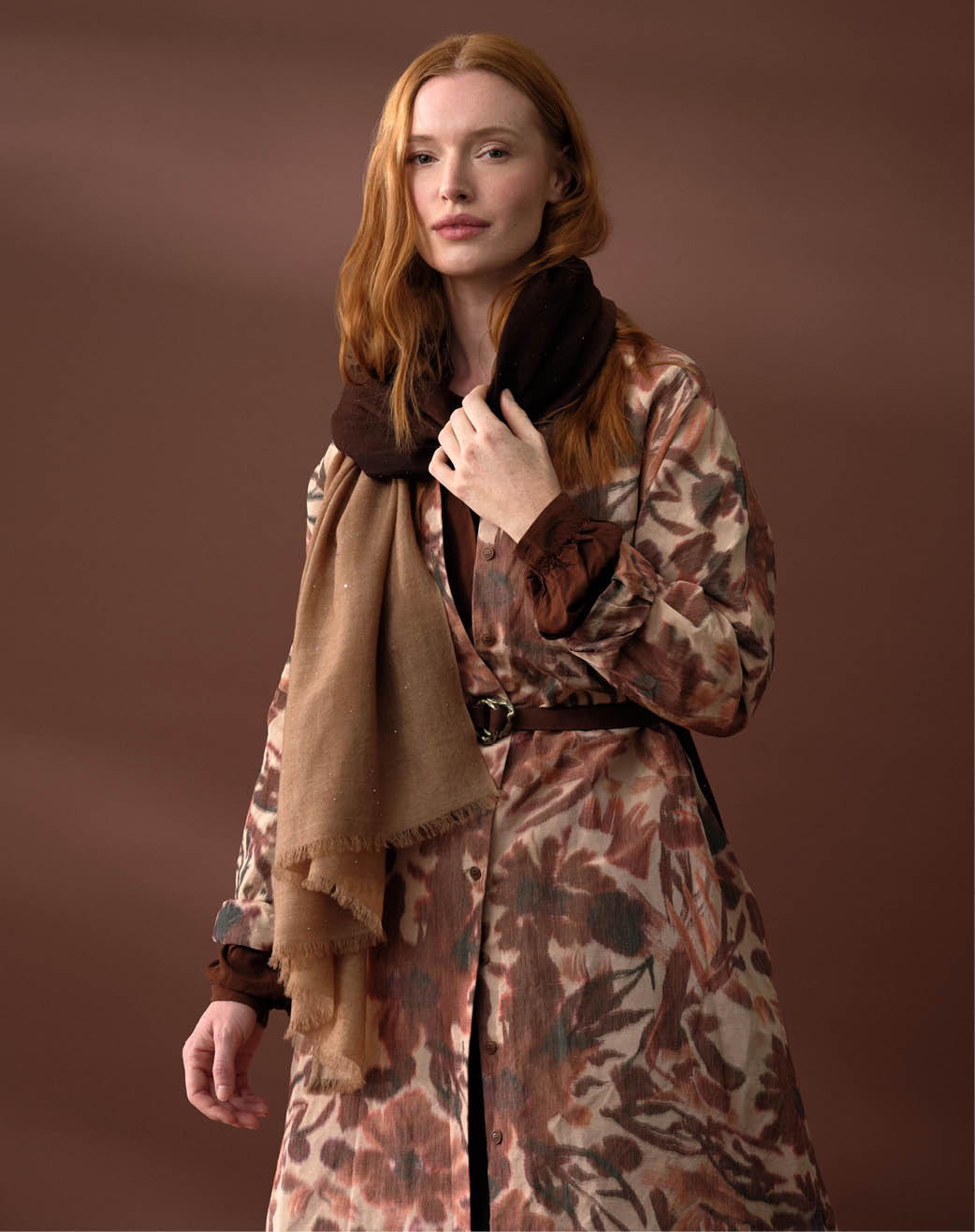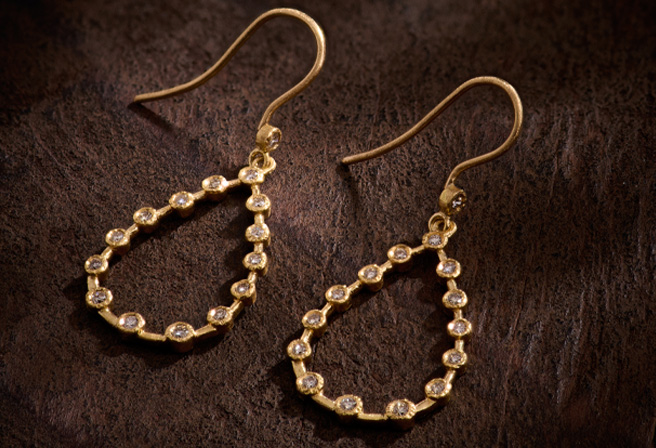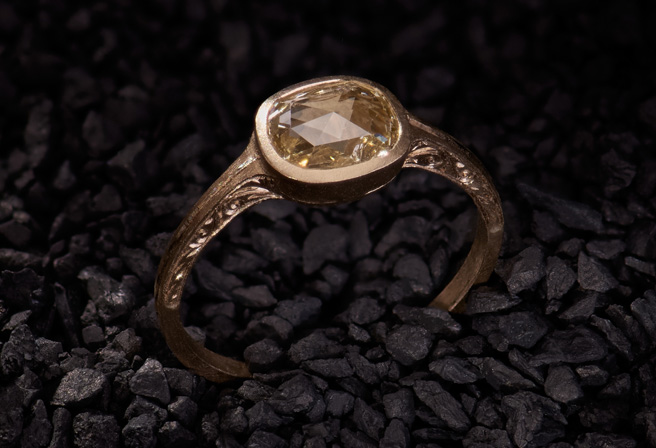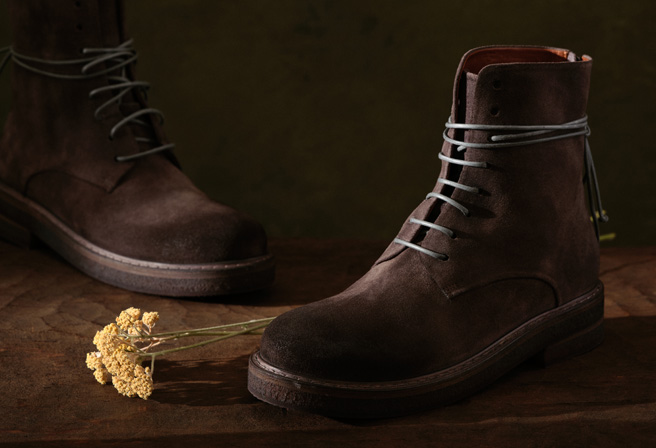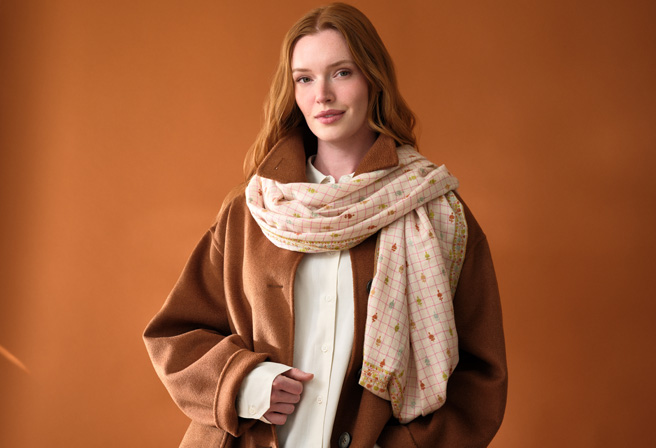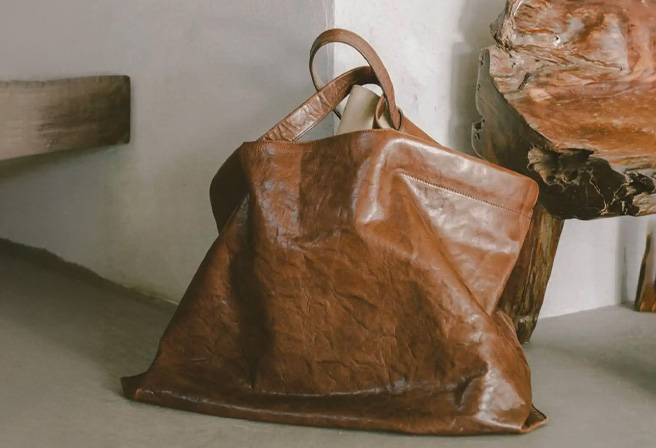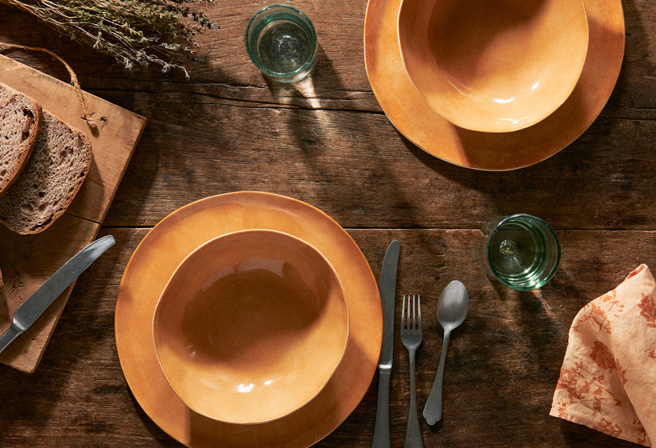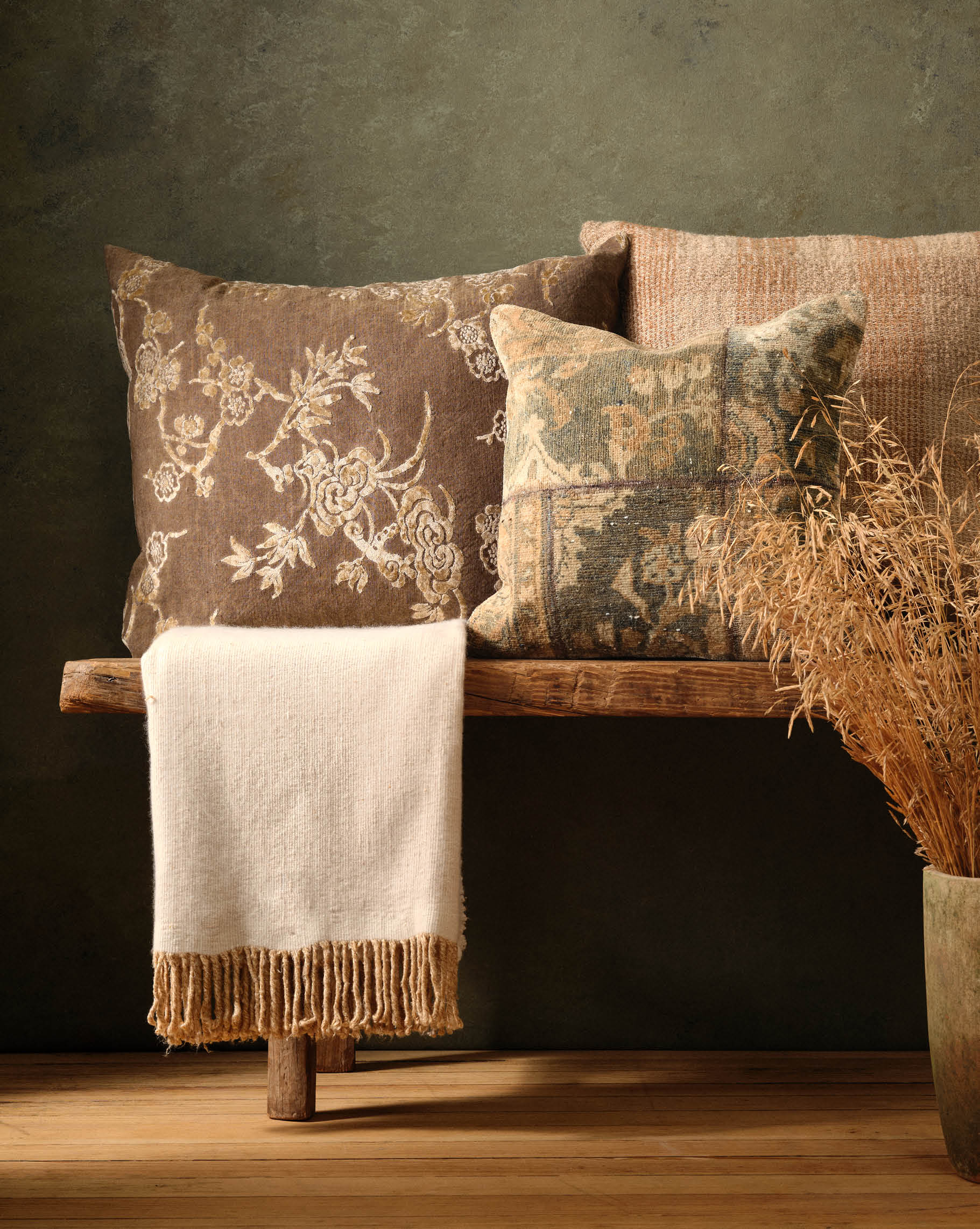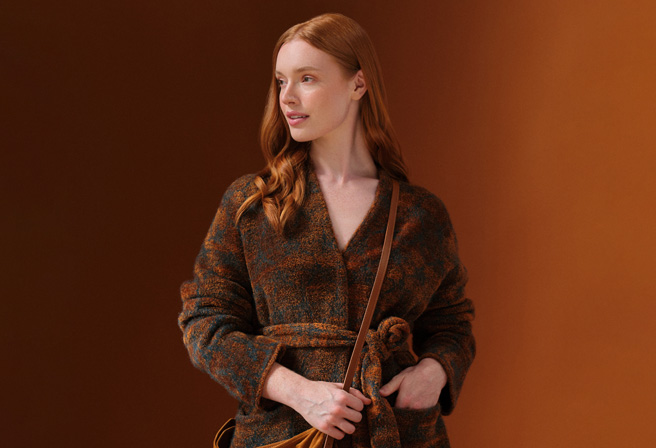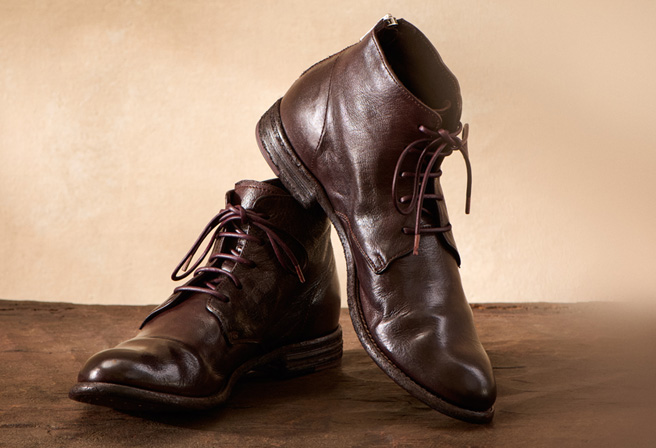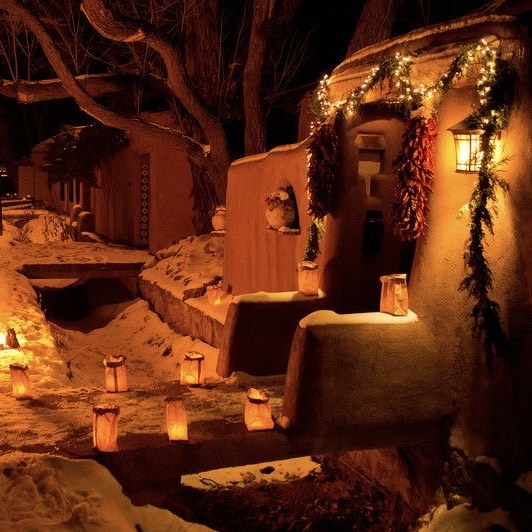New to Wild Life is a selection of handwoven baskets sourced from the Tutsi of Rwanda and Burundi.

A pastoral community, the Tutsi are well known for their handmade, utilitarian objects, particularly carved wooden vessels and traditional basketry. Coil-sewn baskets such as these are known as agaseke or uduseke. Made by weaving together dried, natural grass, they are typically identified by a conical shape and flat, circular base that is taller than wide. Intended to store precious objects, these vessels were often made to be given as gifts.
The making of uduseke is traditionally assumed by aristocratic Tutsi women who had the time necessary to perfect the skills of weaving the ultra-fine fibers. Characteristic geometric decorations are woven into the structure of the basket, with the black and red colors achieved by boiling banana flowers or urukamgi roots
Among this delivery is a selection of flat, fibre baskets. Akin to bowls, these pieces would have been used both in ceremonial and daily contexts to carry food and objects of value. The coil pattern of these pieces is particularly striking. As they have a smaller surface space than the uduseke, decorative elements have been woven into the individual coils themselves to create a subtle oscillation in texture.

These pieces join our curation of antique and vintage works sourced from around the world. The care and attention put into these works by their original makers is unmatched in the modern age. The tiniest details, such as the handwoven fringe of a pillow or the hammered tin mending of a wooden bowl, capture the imagination and speak to a high level of craft.
Ranging from textiles to wooden carvings, antique and vintage works have lived many lives before reaching us, developing deeper and more beautiful patinas with time. Find within each piece a unique story and culture to explore – be it the basketry customs of the Tutsi, the apiary history of the Turkana or the weaving traditions of the Baluch.
